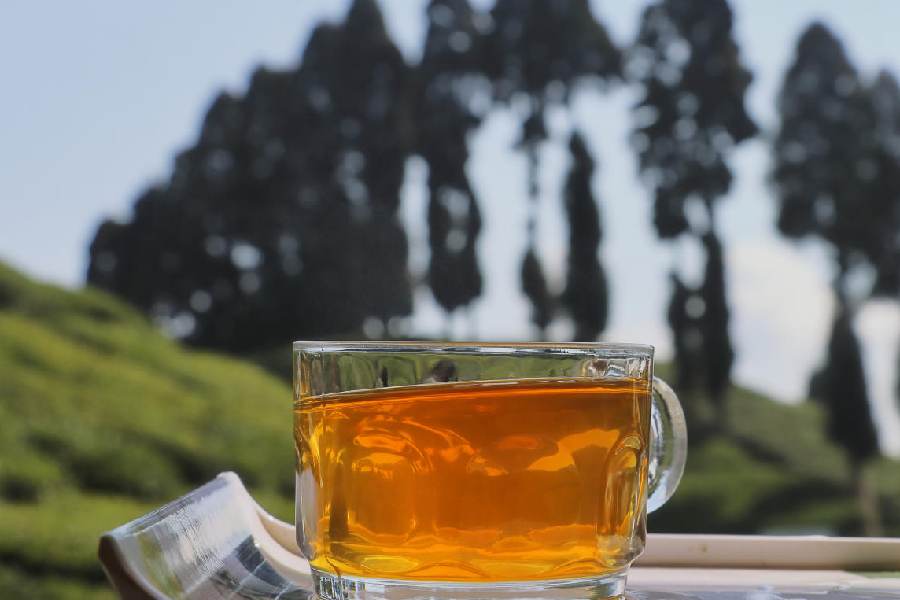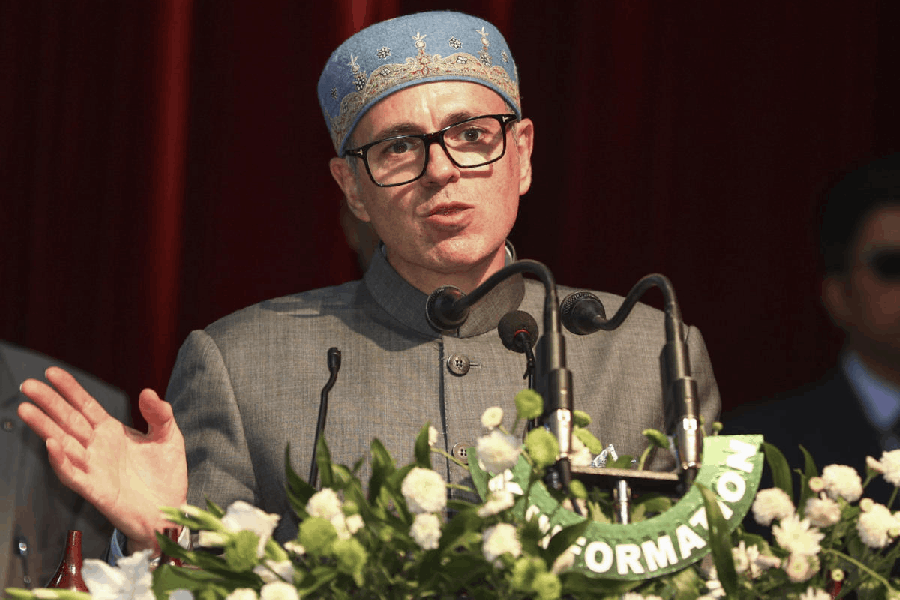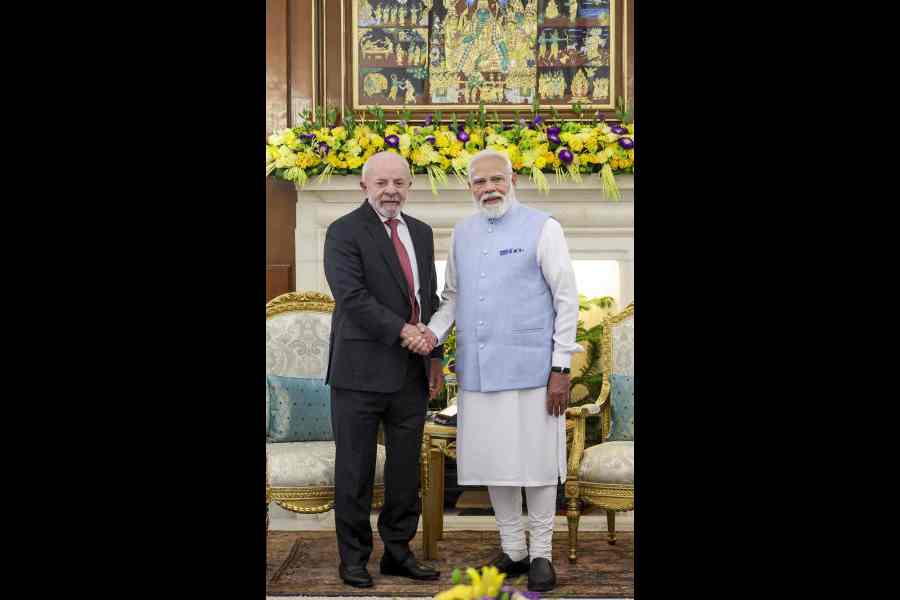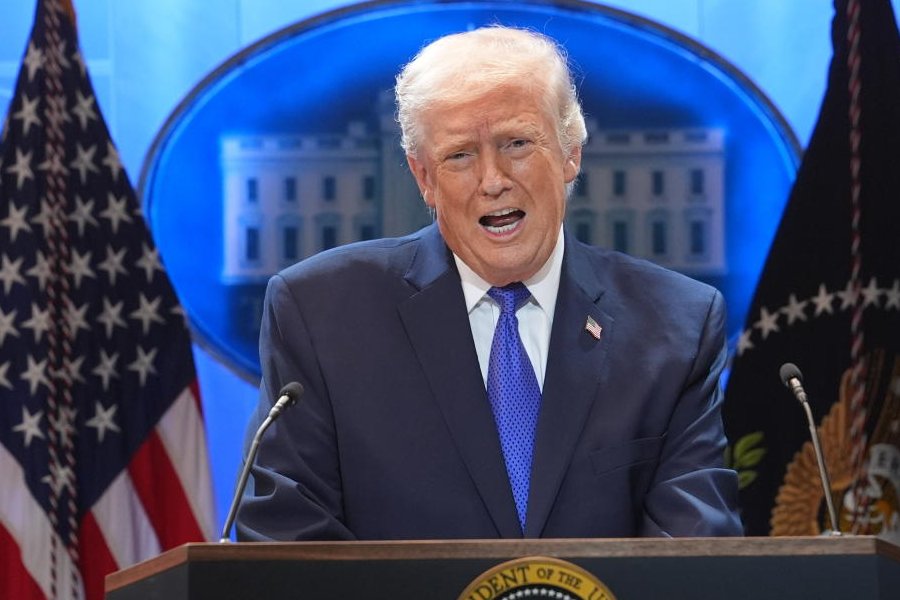The Mamata Banerjee government has urged the Centre to invoke the safeguard clause in the Indo-Nepal trade treaty to protect Darjeeling tea from unchecked import of Nepalese tea in the domestic market.
The state has written to the Union commerce ministry seeking urgent intervention to support and revive the ailing Darjeeling tea industry, a major employer in the hills of north Bengal and source of economic activities.
“We are looking at all the aspects of how to protect Darjeeling tea, which is covered under the GI (geographical indication) tag. If tea from Nepal is mixed with Darjeeling variety and sold in the market, Darjeeling risks losing its identity over a period of time,” a senior state official who is aware of the communication between the state and the Centre, said.
While acknowledging the strategic and diplomatic sensitivities tied to the Indo-Nepal bilateral trade treaty, the official argued that remedial measures were warranted if the domestic industry and local livelihoods were compromised.
Industry estimates 15.95 million kg teas were imported from Nepal to India in 2024 (Jan-Dec) at an average unit price of $1.89 or ₹162.5 per kg. Around 6-7 million kg of that basket is of orthodox variety (leaf tea) which directly competes with Darjeeling, where the cost of production can reach ₹600 per kilogram, due to dwindling productivity caused by climate change and labour absenteeism.
The primary route for these imports is the Panitanki land customs station, roughly 28 km from Siliguri, enabling easy access to Bengal’s major tea markets, greater Calcutta.
Legal levers
The protocol to the treaty of trade, which forms an integral part of the Indo-Nepal Trade Treaty, signed first in 2009 and renewed every seven years thereafter, stated that ‘in the event of imports under the treaty, in such a manner or in such quantities as to cause serious injury to the domestic industry relating to the article, an investigation for application of safeguard measures may be initiated.’
According to the treaty, the determination of ‘serious injury’ shall be as part of the WTO Safeguard Agreement. The ‘threat of injury’ would refer to a situation in which a substantial increase of imports under the treaty is of a nature so as to cause injury to the domestic producers, and that such injury, although not yet existing, is clearly imminent.
Industry on the brink
At least 10 of the 87 gardens in Darjeeling and Kalimpong districts that are protected under GI tag, are closed due to financial stress and many are said to be up for sale. Even as production from Darjeeling hit record low in 2024 to 5.6 million kg, gardens struggled to fetch remunerative prices.
Industry stakeholders blame the price pressure on rising imports. “Nepal levies a 40 per cent duty on tea imports, but their teas enter India duty-free under the bilateral treaty,” said a Darjeeling planter. “What’s more concerning is that a significant portion of these imports fail to meet Indian food safety norms, as per limited Tea Board testing.”
Darjeeling industry is pleading with the authorities such as FSSAI to carry out more tests on Nepal import. It also wants the Centre to regulate import by allowing import via consumer packs, instead of bulk quantity.
Industry sources claim that the Centre is aware of the harm being caused by Nepal teas but unable to take strong action apprehending antagonising the friendly neighbour, which is regularly courted by China.











